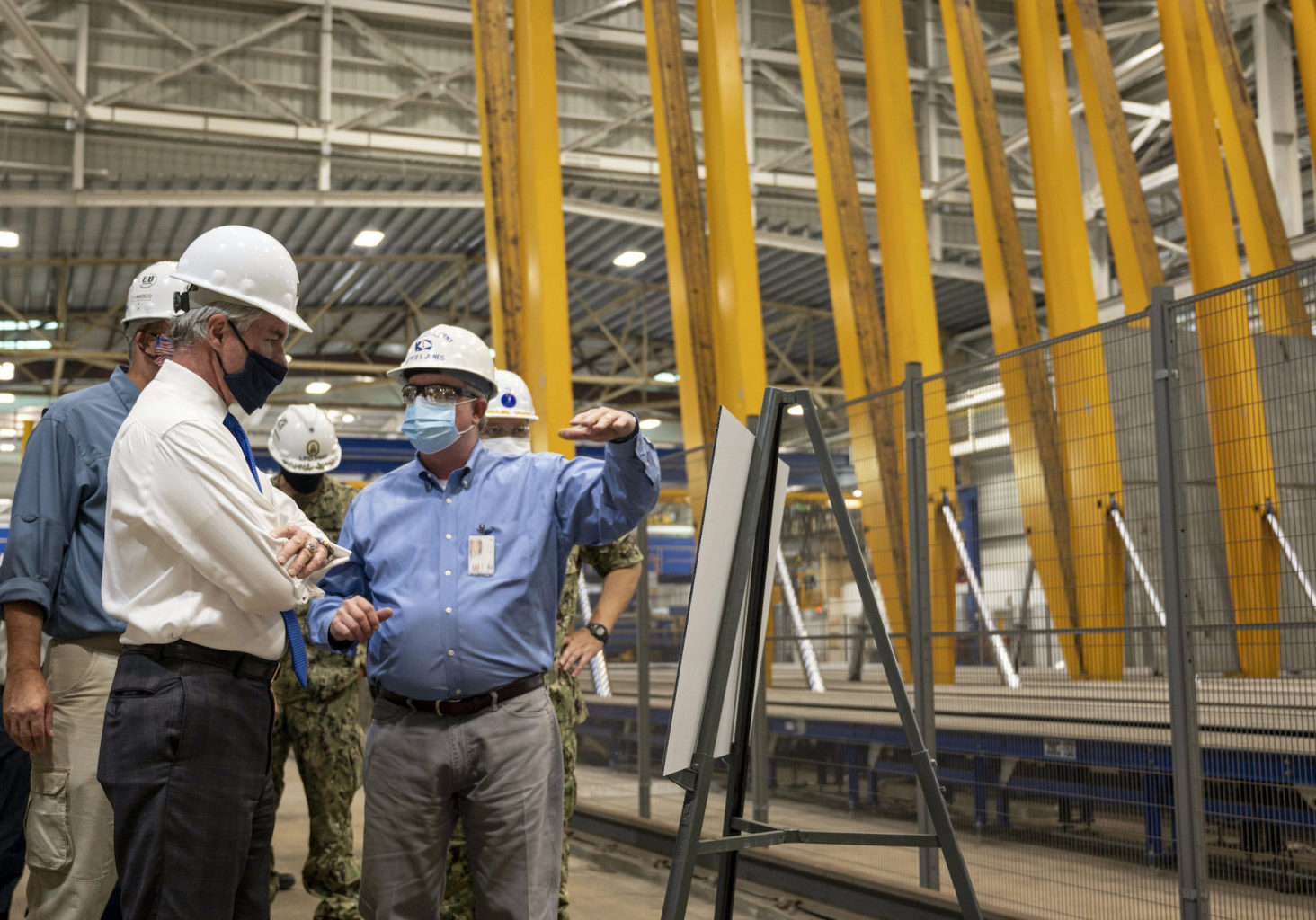Mississippi’s workforce system promotes a comprehensive and integrated approach to developing its human capital talent to meet the needs of employers. The Mississippi Workforce Investment Board serves as the primary coordinating body, and it is comprised for a majority of employers along with public agencies and non-profits. The Board implemented a statewide strategic plan to align workforce programs and services needed to support current and future economic growth.
Mississippi’s labor force is comprised of more than 1.2 million people (non-seasonally adjusted) (Mississippi Department of Employment Security).
Community College Technical Programs
Mississippi’s fifteen public community colleges offer a core group of services to prepare adults for the workforce. Additionally, each community college operates under the auspices of its own board of trustees to customize training and partner locally to meet unique needs of its local workforce. Core services offered by all 15 community colleges include: customized workforce development; university parallel programs; adult education; and career/technical education. The total number of enrolled community college students averages over 70,000 students in the fall semester.
University STEM Programs
The Mississippi Research Consortium aims to develop and sustain nationally competitive research programs. Formed in 1986, members of the consortium include Mississippi State University, The University of Mississippi, The University of Southern Mississippi, and Jackson State University. Its officers include the vice-presidents of the four universities provide leadership to work on joint research initiatives, address human resource development needs, and provide guidance on science policy at the state and national levels.
The consortium has the following goals:
- Increase public awareness of science, engineering, and mathematics at all educational levels to develop a scientifically literate citizenry who can fuel the science and engineering industry in Mississippi with the state’s own resources.
- Establish and maintain a solid scientific infrastructure in our university system by developing equipment and facility resources, collaboration resources, private sector links, and federal laboratory partnerships.
- Expand the state’s economic opportunities through technology and knowledge transfer, including grater commercialization, increased technical assistance, and the education of a workforce that can support technology-based industries.
For additional information, visit Mississippi Research Consortium
Resources:

